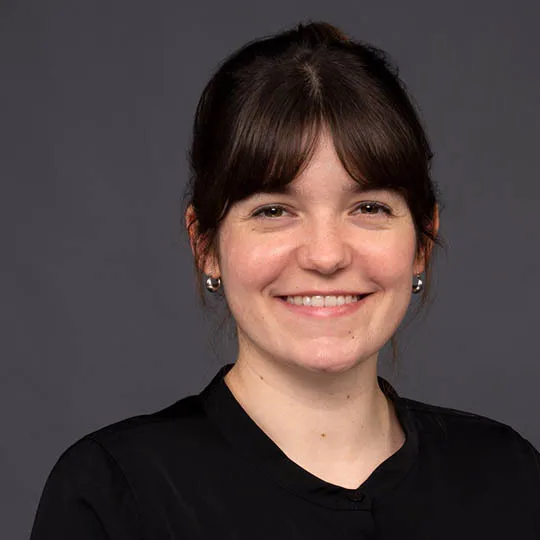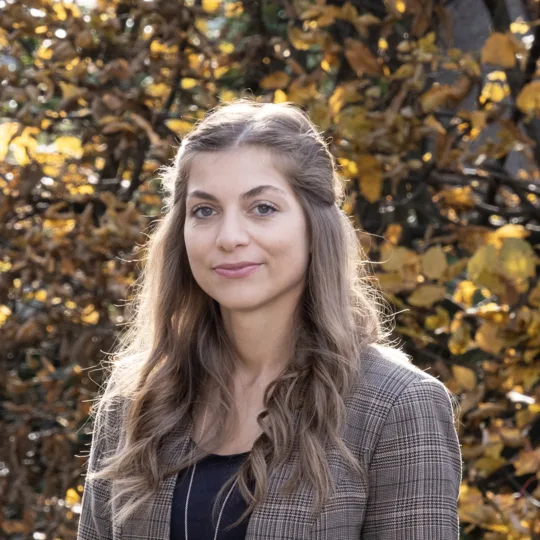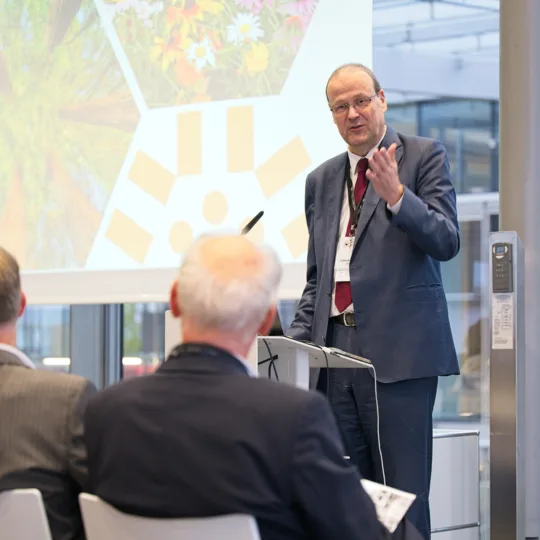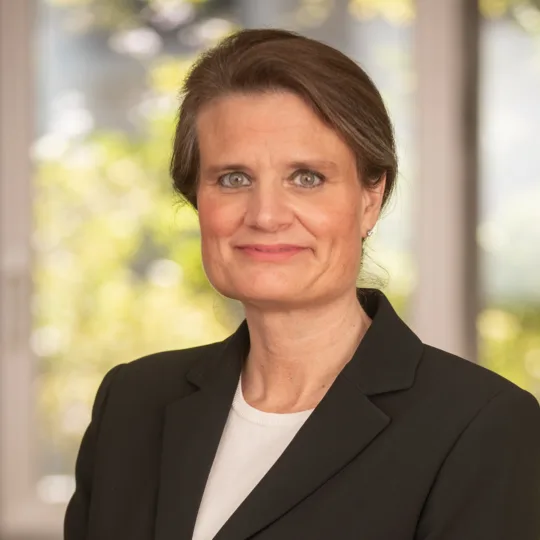Interview with Markus Hodel, President of the Swiss Accreditation Council
Markus Hodel was appointed President of the Swiss Accreditation Council (SAR) in 2023. Prior to this, he was the Rector of the Lucerne University of Applied Sciences and Arts (HSLU), a member of the Foundation Council of the Swiss National Science Foundation (SNSF) and served as a delegate within the Swiss Conference of Rectors of Higher Education Institutions (swissuniversities).
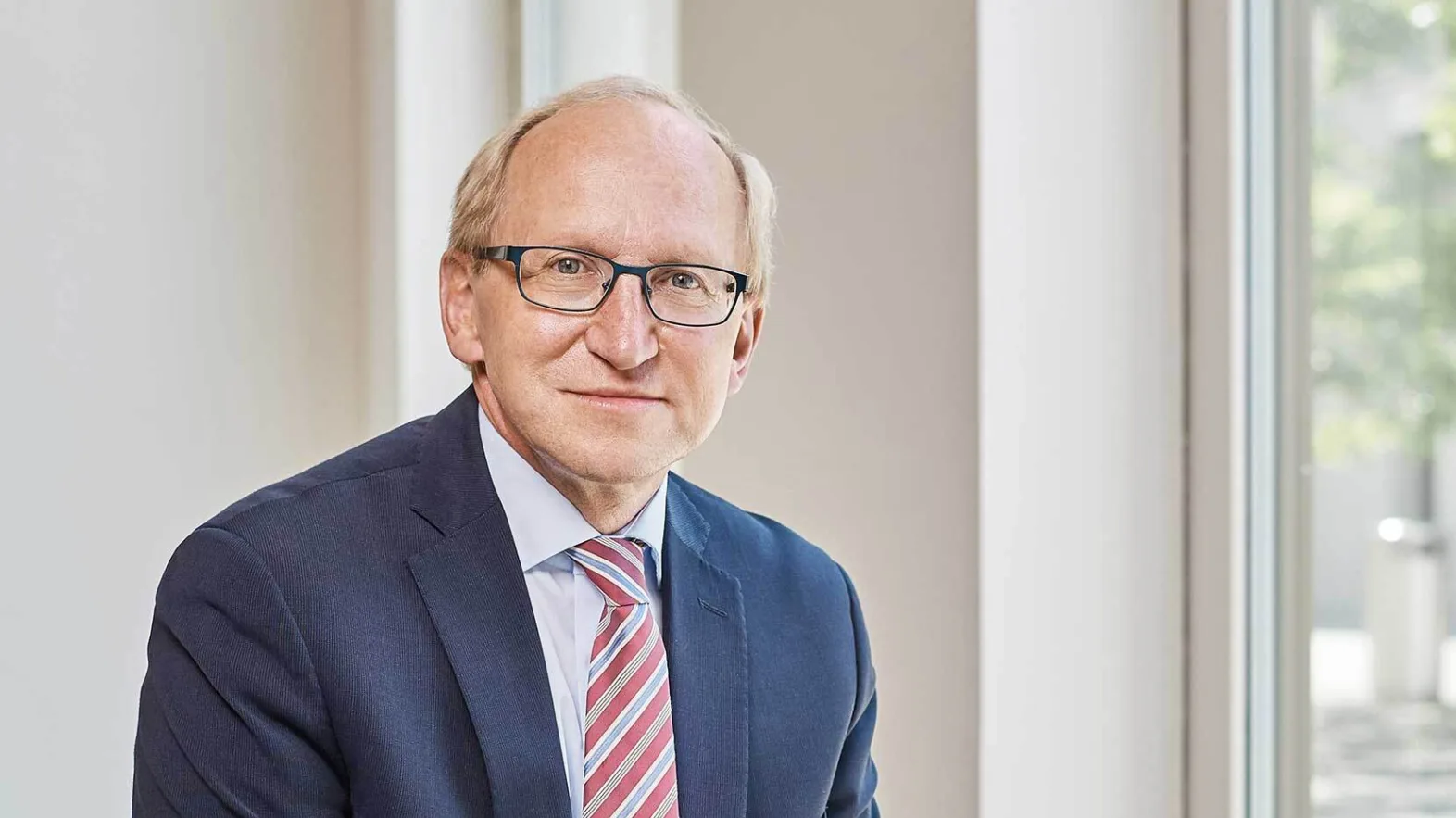
You took office as President of the Swiss Accreditation Council on 1 January 2023. What tasks have been entrusted to you?
My remit is based on the legal mandate given to the Swiss Accreditation Council (SAR) under the Higher Education Act (HEdA), which came into effect in 2015. The SAR is a joint federal and cantonal body that renders accreditation decisions. Institutional accreditation is a prerequisite for the entitlement to use reserved designations: Any institution wishing to use the title ‘university’, ‘university of applied sciences’ or ‘university of teacher education’ must obtain accreditation. Accreditation is also a prerequisite in order to apply for public funding. As President, I lead the SAR and ensure that it runs smoothly.
Which files are currently on your desk or will you be handling in the current year?
In addition to the ongoing and extensive accreditation processes, the issues mentioned in last year's external evaluation report on the HEdA included, firstly, ensuring that the Swiss Agency of Accreditation and Quality Assurance (AAQ) and the Swiss Accreditation Council (SAR) act independently of one another and, secondly, reinforcing information exchange between the Swiss Accreditation Council (SAR) and the Swiss Conference of Higher Education Institutions (SHK). There is currently a need for clarification and improvement in these two areas. There is also the matter of how to streamline accreditation renewal for higher education institutions that are already accredited. Finally, we constantly strive to improve communication and intensify our contacts with stakeholders.
"The accreditation system has levelled the playing field for all types of higher education institution."
The system of mandatory institutional accreditation was introduced in 2015. What works well in your opinion? Where is there optimisation potential?
The previously mentioned evaluation report gave generally positive reviews of the accreditation process and the SAR, but there are certainly areas where there is room for improvement. In the eight years since the accreditation system was introduced, it has become firmly established and has levelled the playing field for all types of higher education institution. Accreditation is time-consuming for higher education institutions and is often perceived as excessively bureaucratic. And so, stakeholders would like the accreditation process to be streamlined. However, this is not easy to achieve given the considerable regulatory density. I also see a certain amount of friction with regard to the institutional accreditation of private higher education institutions. Some operate on the basis of foreign business models and so find it more difficult to satisfy legally established criteria for the specific types of higher education institution that we have in Switzerland. In such cases, the SAR's decisions require a great deal of legal analysis in order to be able to justify our decisions in the event of possible appeals.
As former Rector of the Lucerne University of Applied Sciences and Arts and given your activities in various national bodies, you are quite familiar with the Swiss higher education landscape. What are the distinguishing features?
The main thing to realise is that Switzerland's higher education area is among the world's best! The outstanding quality of individual universities is the main reason for this. Holding on to this leading position is a major challenge requiring top-notch professors and researchers, competent university management and adequate (financial) resources. Moreover, favourable general conditions such as Switzerland achieving associated country status with Horizon Europe also equally important. The diversity of types of higher education institutions combined with permeability and the well-established spirit of cooperation also benefit the Swiss higher education landscape.
In your view, what are the most pressing challenges for higher education institutions in Switzerland?
The phases of strong growth seem to be over, at least for the time being. This presents higher education institutions with fresh challenges, including those relating to cultural aspects and 'domestic policy'. Care must be taken to ensure that the positive dynamics of the past decades is not broken and that processes do not decelerate. After all, global competition among universities will only intensify in the future.
Author
